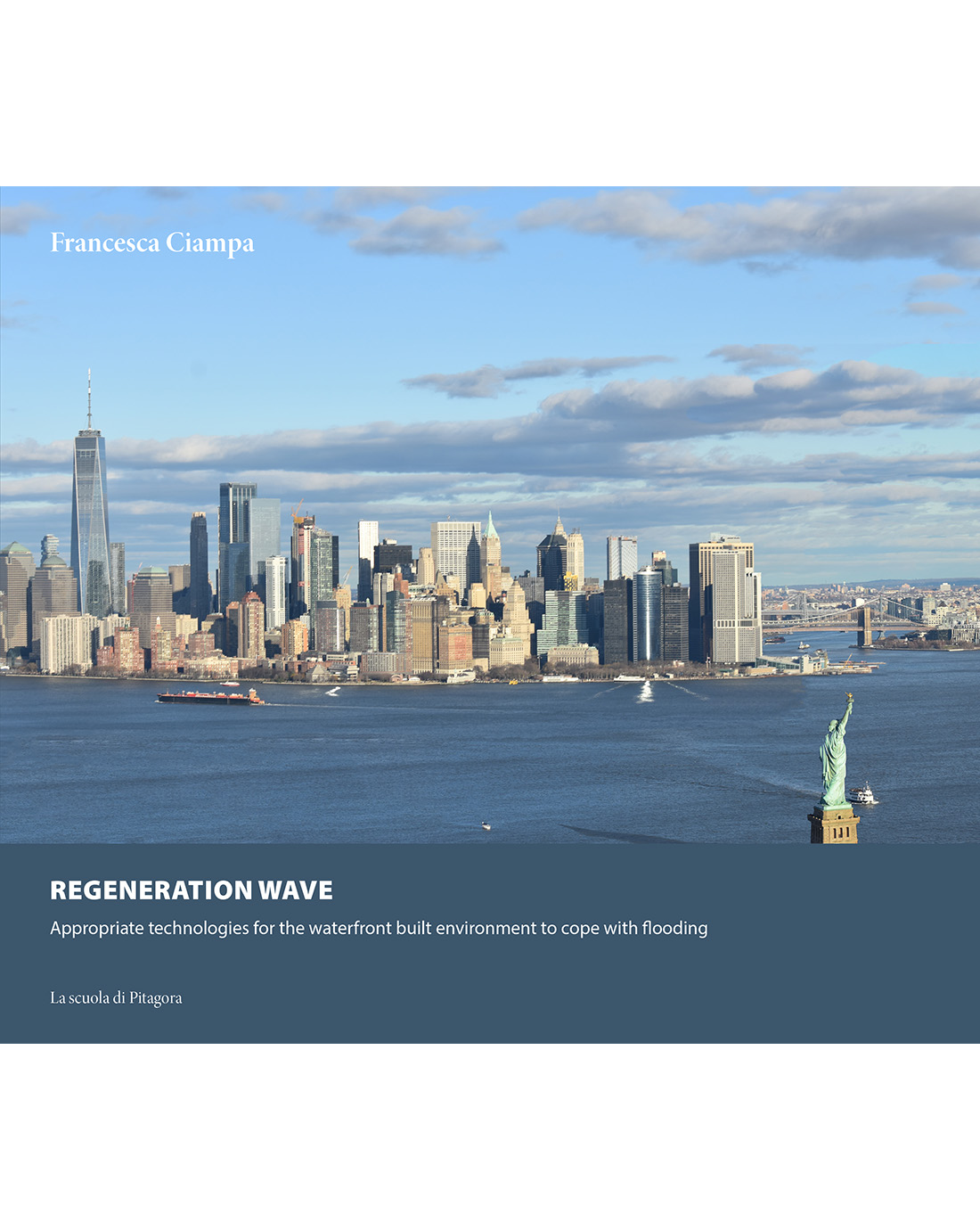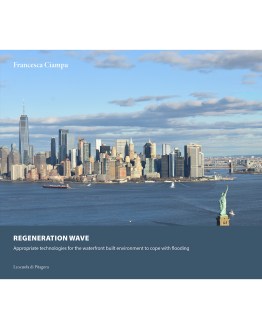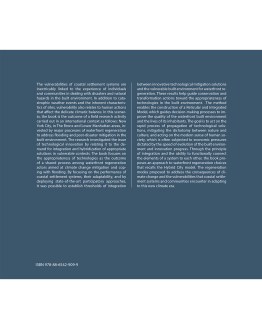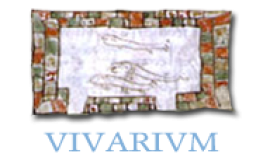Regeneration Wave (Open Access)
Autrice: Francesca Ciampa
Foreword: Robert A. Beauregard
Premise: Maria Rita Pinto
ISBN 978-88-6542-909-9
ISSN 2974-8089
Pagine: 298
Anno: 2023
Formato: 24 x 21 cm
Collana: Recupero, manutenzione e innovazione dell’ambiente costruito, 7
Supporto: file PDF (100 Mb)
Scarica il volume Open Access
The vulnerabilities of coastal settlement systems are inextricably linked to the experience of individuals and communities in dealing with disasters and natural hazards in the built environment. In addition to catastrophic weather events and the inherent characteristics of sites, vulnerability also relates to human actions that affect the delicate climatic balance. In this scenario, the book is the outcome of a field research activity carried out in an international context as follows: New York City, in The Bronx and Lower Manhattan areas, invested by major processes of waterfront regeneration to address flooding and post-disaster mitigation in the built environment. The research investigated the issue of technological innovation by relating it to the demand for integration and hybridization of appropriate solutions in vulnerable contexts. The book focuses on the appropriateness of technologies as the outcome of a shared process among waterfront regeneration actors aimed at climate change mitigation and coping with flooding. By focusing on the performance of coastal settlement systems, their adaptability, and by deploying state-of-the-art participatory approaches, it was possible to establish thresholds of integration between innovative technological mitigation solutions and the vulnerable built environment for waterfront regeneration.
These results help guide conservation and transformation actions toward the appropriateness of technologies in the built environment. The method enables the construction of a Reticular and Integrated Model, which guides decision-making processes to improve the quality of the waterfront built environment and the lives of its inhabitants. The goal is to act on the rapid process of propagation of technological solutions, mitigating the dichotomy between nature and culture, and acting on the modern sense of human society, which is often subjected to economic pressures dictated by the speed of evolution of the built environment and innovation progress. Through the principle of integration and the ability to functionally connect the elements of a system to each other, the book proposes an approach to waterfront regeneration choices that recalls the Hybrid City model. The regeneration modes proposed to address the consequences of climate change and the vulnerabilities that coastal settlement systems and communities encounter in adapting to this new climate era.
Nessuna recensione disponibile per questo titolo.
Autenticati per poter scrivere una recensione. Accesso












